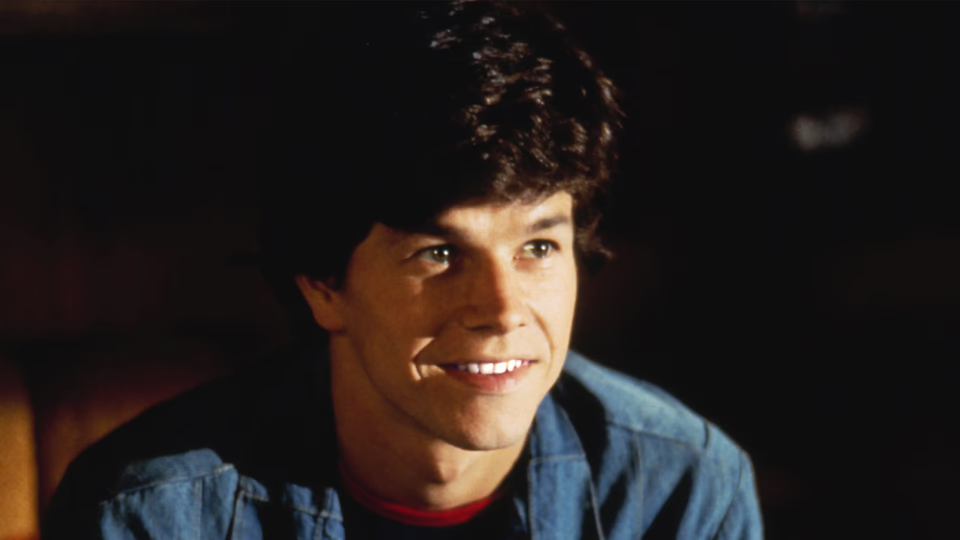Boogie Nights

Boogie Nights is a tour de force.
Writer-director Paul Thomas Anderson seamlessly weaves multiple storylines into a compelling narrative that also serves as a reflection of the story’s era.
Mark Wahlberg gives a career-making performance as a naïve kid who rises to the top of the adult film industry in the late 1970s, lets success go to his head, and tumbles to rock bottom. He’s absolutely convincing and carries the entire film.
Of course, it doesn’t hurt that backing up Wahlberg is one of the finest supporting casts ever assembled. Burt Reynolds gives his best performance in almost 20 years as an aging director facing an uncertain future who serves as a surrogate father to Wahlberg. Reynolds anchors the younger cast around him, and seems tailor made for the role.
Don Cheadle is amazing as a former actor trying to find his identity outside of films in the face changing times, and Julianne Moore brings an almost painful gravitas to her role as a starlet mother desperately trying to replace the child she lost to her career.
For his part, Paul Thomas Anderson executes flawlessly. He treats his characters with respect instead of derision, and never judges them. Setting his story in adult film industry allows Anderson to reflect the times in his emotionally raw characters, which Anderson does in every scene.
Boogie Nights works on so many levels. In one sense it’s the story of one man’s search for a family, on another, it’s the story of the high price of fame, on yet another, it’s the story of a man’s search for identity in the face of changing times. That it works on any of these levels would make for a good film, that it works on all of them is what makes it a great one.